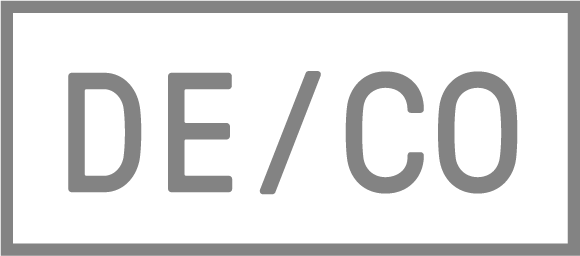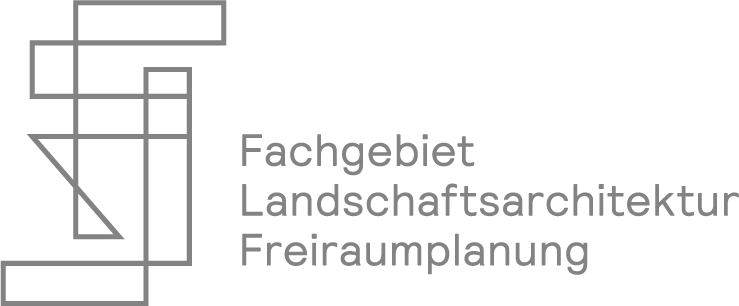DIAGNOSE! Interview with
#14 – Timothy Moss
By: Pascal Müller, Jonas Möller & David Bauer
DIAGNOSE! Interview Series
Published on June 14, 2021
Prof. Timothy Moss // Honorary Professor at Leibniz University Hannover and Senior Researcher in IRI THESys at Humboldt University
When we think of transforming infrastructures, we commonly sketch out visions of more efficient, resilient, and socially just infrastructural systems on the outline of a more or less near future. Yet, by adopting these unilateral “forward-headed” perspectives we tend to oversee that these infrastructures are deeply interwoven with the history of our cities as they facilitated their growth - and likewise resisted it - and still do so in ways we are unmindful of.
This interview aims at creating a conducive perspective for present and future debates and will shed light on Berlin’s infrastructural history of the past 100 years to unravel the thicket of engineered grand visions, large scale planning initiatives and political upheavals.
For this purpose the BB2040 team interviewed Timothy Moss who is an expert in the field of urban studies from historical and contemporary perspectives and who thoroughly studied Berlin’s infrastructure history of the 20th and early 21st century. The vast body of research he has produced on this matter in the past 25 years is presented in his Book “Remaking Berlin: A History of the City through Infrastructure, 1920 – 2020”.
There he describes how Berlin’s water, heating and energy systems materialised, resisted and changed throughout the principal political regimes of the Weimarer Republic, the Nazi dictatorship and divided and later reunified Berlin. He critically examines how Berlin’s socio-technical systems have been enrolled in it’s political history, how they were utilised to support particular narratives of the modern city but also how they, in turn, affect policy and decision makers until the present day.
The interview adheres to this structure and pinpoints Moss’ key concepts such as “a usable past” or the notion of an “infrastructural palimpsest” as conceptual cornerstones for applying a history based approach to urban infrastructures.
Considering the challenges we will face in the decades to come: How can we build on this knowledge and learn from the frictions of the past 100 years? What will Berlin’s future infrastructure agenda look like, and who will co-determine it?
Timothy Moss is a Senior Researcher at IRI THESys (HU Berlin), focussing on the transformation and governance of socio-technical systems (energy, water, wastewater) in past and present and the co-evolution of cities and their infrastructures. In 2020, he was granted the title of Honorary Professor (Honorarprofessor) by the Leibniz University, Hannover.
Length: 52:05 min
Tracklisting
[00:00] Introduction
[02:25] Infrastructure in Berlin
[05:40] Historically informed approach on infrastructure
[10:25] Looking at Berlin through an infrastructural lens
[24:50] Conflicts and socio-political shifts
[28:40] Continuity and change
[34:00] The next 20 years
[43:40] The role of the public
BB2040
[EN] Berlin Brandenburg 2040 was initiated by the Habitat Unit in cooperation with Projekte International and provides an open stage and platform for multiple contributions of departments and students of the Technical University Berlin and beyond. The project is funded by the Robert Bosch Foundation.
[DE] Berlin Brandenburg 2040 wurde initiiert von der Habitat Unit in Kooperation mit Projekte International und bietet eine offene Plattform für Beiträge von Fachgebieten und Studierenden der Technischen Universität Berlin und darüberhinaus. Das Projekt wird von der Robert Bosch Stiftung gefördert.








